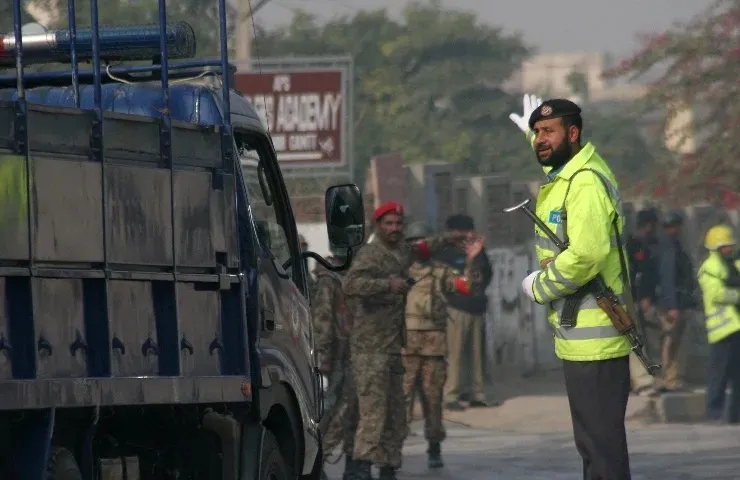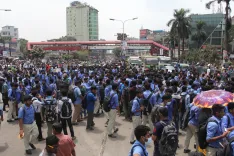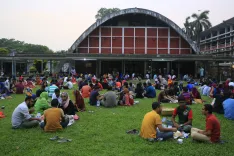Is Balochistan Paying the Price as Pakistan Faces US-China Pressure?

Synopsis
Key Takeaways
- Balochistan faces severe military oppression under the Pakistan Army.
- Over 900 forced disappearances highlight human rights violations.
- The Balochistan Liberation Army is a focal point of military actions.
- External pressures from the US and China shape the region's instability.
- Innocent civilians are suffering the most in this ongoing conflict.
New Delhi, Sep 8 (NationPress) The situation in Balochistan is deteriorating rapidly, with the Pakistan Army inflicting chaos upon the local populace. Under the guise of counterterrorism, the military has been responsible for a significant number of civilian casualties.
Moreover, reports indicate over 900 instances of forced disappearances in the province. The Balochistan Liberation Army (BLA), which has been vocal against the minerals agreements and the China-Pakistan Economic Corridor Project (CPEC), is facing severe military action. The BLA asserts that their region is rich in minerals and resources, yet they see little benefit from these riches.
Following the United States' designation of the BLA as a terrorist group, the military has intensified its crackdown on this organization. However, intelligence reports suggest that the army's campaign is not limited to BLA members; they are targeting numerous innocent civilians as part of a broader agenda. Many fear that a systematic genocide is underway.
With both the US and China showing vested interests in the region, Pakistan faces immense pressure to stabilize Balochistan. Rather than addressing the legitimate grievances of the populace, the military's strategy has been to resort to violence. They have employed helicopters, drones, and ground forces in their operations against the Baloch.
During a recent visit to China, Pakistan’s Prime Minister Shehbaz Sharif was explicitly informed that no further investments would be made for the CPEC-2 project unless Pakistan could ensure security. The Chinese expressed concerns about the security situation, having suffered significant losses due to violent incidents linked to both the BLA and the Tehreek-e-Taliban Pakistan (TTP).
Additionally, the Chinese government inquired about the minerals agreement Pakistan has with the US, emphasizing its own interest in Balochistan's mineral wealth.
Pakistan struggles to assure either the US or China of safety in Balochistan, with the BLA and TTP proving formidable adversaries for the military.
Furthermore, the army's reluctance to fully confront the BLA stems from the reality that it would mean attacking its own population. During a discussion in the US, Pakistan Army chief Field Marshal Asim Munir successfully urged the US to classify the BLA as a terrorist group, prompting a military response targeting Balochistan's civilians under the pretense of counterterrorism.
In truth, the Pakistan Army seeks complete dominance over the region, exhibiting a desire for the eradication of the Baloch populace. Indian intelligence agencies contend that violence against civilians is expected to escalate in the near future, leading to unprecedented levels of human rights violations in Balochistan.
For Pakistan, the situation is dire. The absence of trust prevents the military from garnering local support. Additionally, with China demanding security assurances and repayment of loans, the military has few options but to escalate its offensive.
The minerals deal with the US is crucial for Pakistan’s financial stability. Failing to secure this agreement could provoke Chinese backlash as Islamabad struggles to fund CPEC-2. Amidst this turmoil, the innocent citizens of Balochistan continue to pay the ultimate price.







